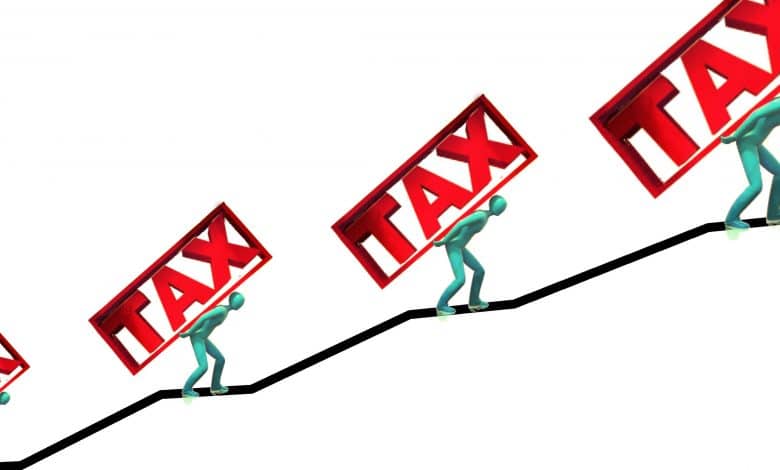
If you have invested in pension funds, if you have left the severance pay in the company or if you have decided to have the severance pay in your paycheck, with the new stability law that has been approved you will see an increase in taxation on returns. It is yet another way to raise money at the expense of citizens.
With the Stability Law approved last December, the Government increased taxes on pension funds and severance indemnity (liquidation): taxation will increase both for those who have decided to invest their severance pay in pension funds and for those who have left the severance pay in company, and those who want to have the severance pay in their paycheck.
Furthermore, the increase in the taxation of pension funds violates the principles of the Statute of the taxpayer, because it is retroactive (as if it had entered into force on 1 January 2014).
These are measures that risk reducing your future pension treasure by up to 10,000 euros. Thanks to the collection of signatures that we have promoted (and all those who have signed it), we have proposed to abolish these increases, but the Government has decided to go ahead anyway.
What changes for taxpayers
The new Stability Law aims to raise cash, affecting – among other things – pensions. No one is excluded, since it involves all workers to a certain extent:
- Those who have decided to invest their severance pay in pension funds will see the tax on returns increase from 11% in 2013 up to 20%
- If, on the other hand, you have left the severance indemnity in the company, you will see the tax on the revaluation increase from 11 to 17%
- Those who decide to have the severance indemnity in their paycheck, on the other hand, will see the latter taxed at a rate that will be the marginal income tax rate, at least equal to 23%, without the currently envisaged concessions.
There is growing distrust of supplementary pensions
In practice, those who have invested in pension funds cannot get out of them, except in rare cases. Furthermore, the increase in the taxation of pension funds violates the principles of the Statute of the taxpayer, because it is retroactive (starting from 1 January 2014). And, as if that weren't enough, these increases create even more distrust of a system, that of supplementary pensions, which is necessary for our future.
Towards ever lower pensions
Public pensions will be lower and lower and may even be only 60% of the last salary. In a few years, therefore, there will be more and more retirees with ever lower pensions. A widespread poverty that will have high social costs. Precisely for this reason, all forms of savings for supplementary pension purposes should be supported and not penalised, as instead the directions taken by the current government are showing. Keep in mind, however, that despite tax increases, superannuation funds remain the best way to save for your retirement.
Related news: Stability, the Government raises taxes on pension funds





